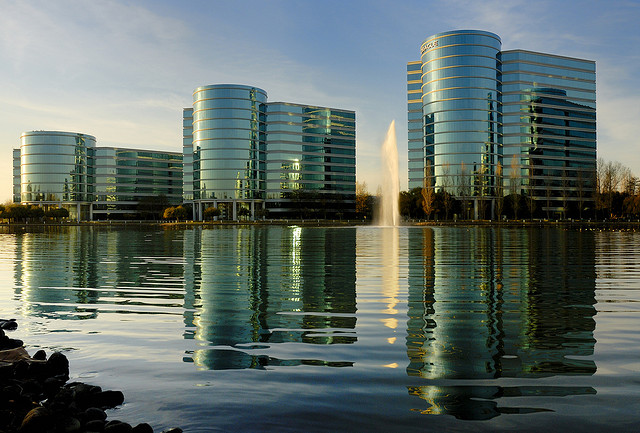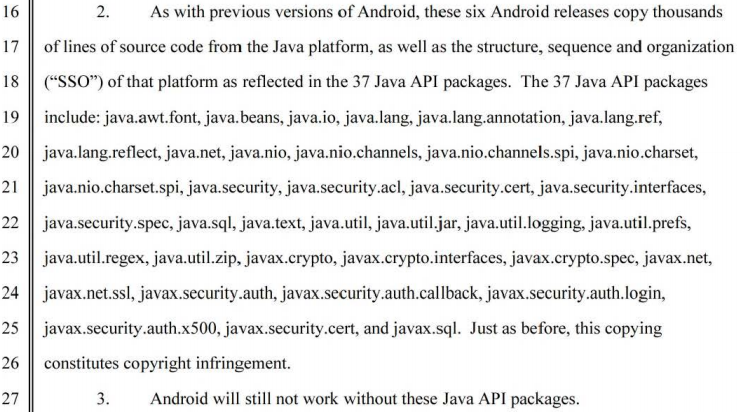The ongoing legal saga known as the Oracle-Google copyright battle took a huge leap Wednesday when Oracle claimed the last six Android operating systems are "infringing Oracle's copyrights in the Java platform."
That's according to the latest paperwork (PDF) Oracle filed in the five-year-old closely watched case that so far has resulted in the determination that Application Programming Interfaces (APIs) are, indeed, copyrightable.
Oracle amended its suit, which had been mired in litigation and appeals. It now names Android operating systems Gingerbread, Honeycomb, Ice Cream Sandwich, Jelly Bean, KitKat, and Lollipop. These are the operating systems that came after Froyo, when the suit was filed in 2010.
Oracle wants unspecified monetary damages and a judge's order blocking Google "from continued acts of infringement of the Java platform copyrights."
The latest legal brouhaha comes two months after the Supreme Court declined to review Google's contentions that assigning copyright to APIs—which enable programs to talk to one another—sets a dangerous precedent and allows "copyright monopolies over the basic building blocks of computer design and programming." (PDF)
In 2012, a federal judge in San Francisco largely sided with Google and said API code could not be copyrighted. Then, US District Judge William Alsup ruled that even though Google could have rearranged "the various methods under different groupings among the various classes and packages," the overall name tree is "a utilitarian and functional set of symbols, each to carry out a pre-assigned function... Duplication of the command structure is necessary for interoperability."



 Loading comments...
Loading comments...
